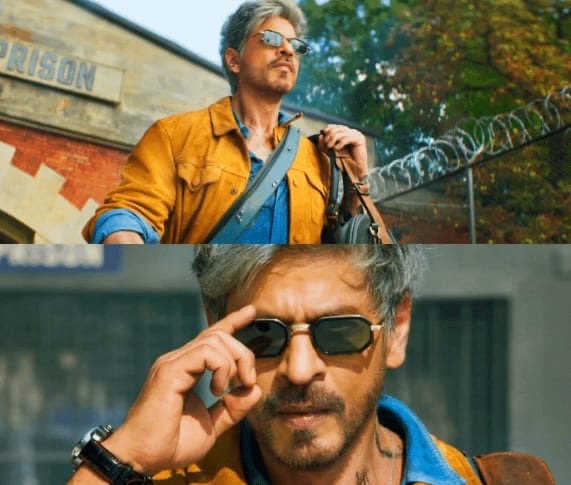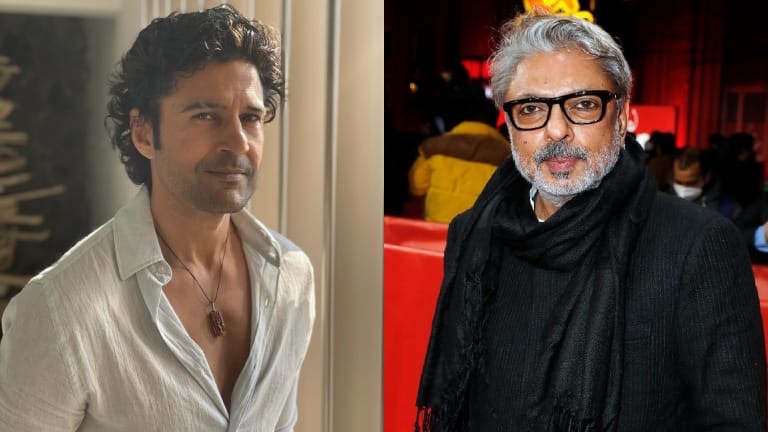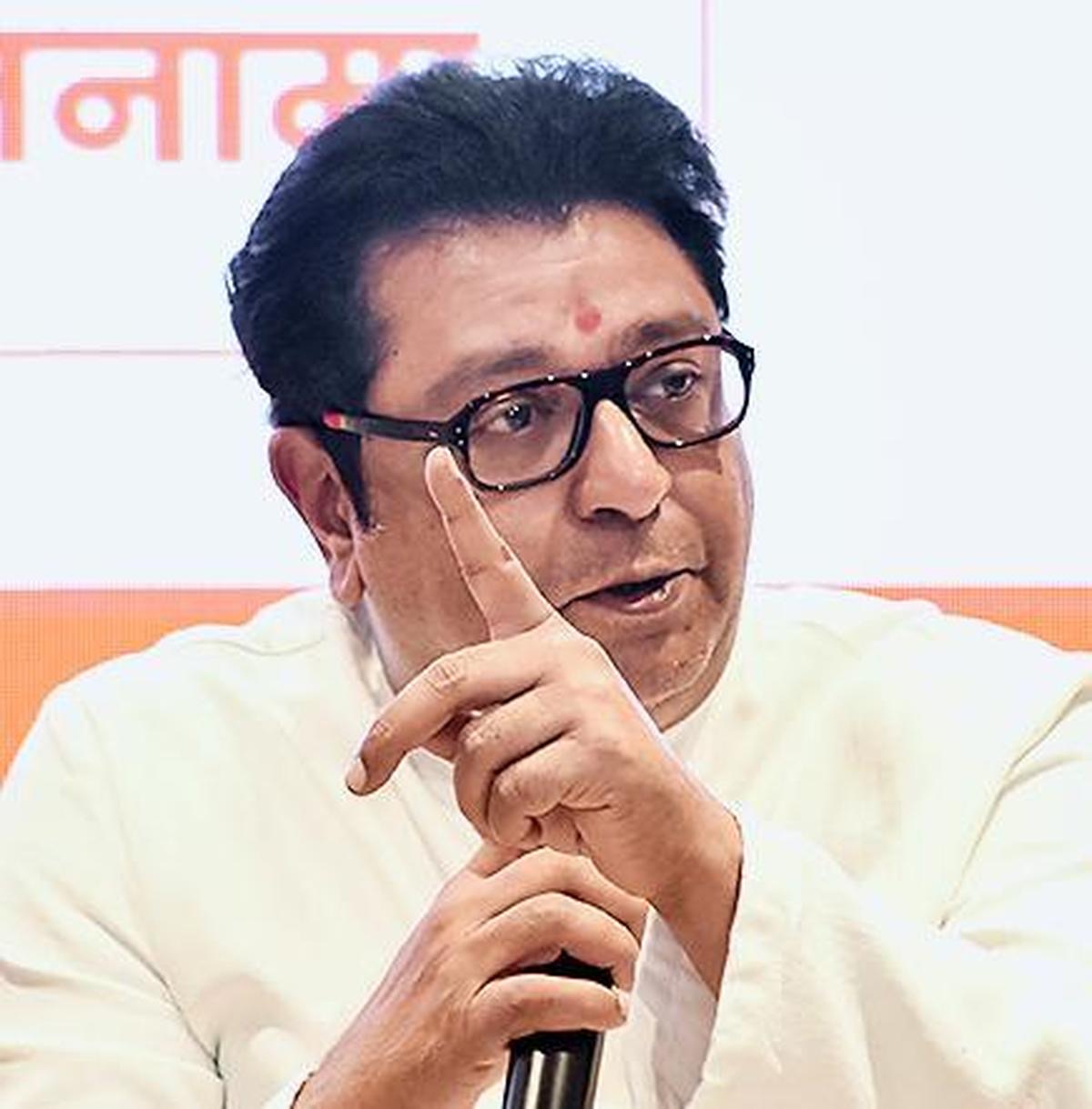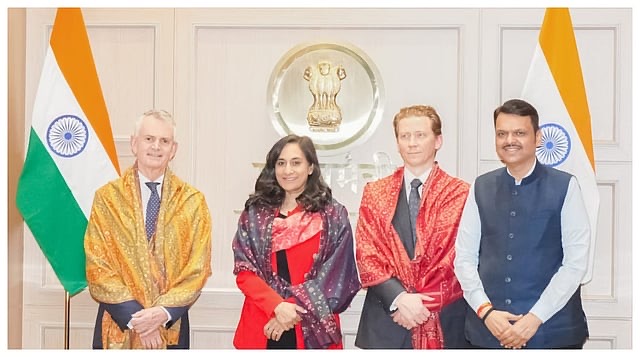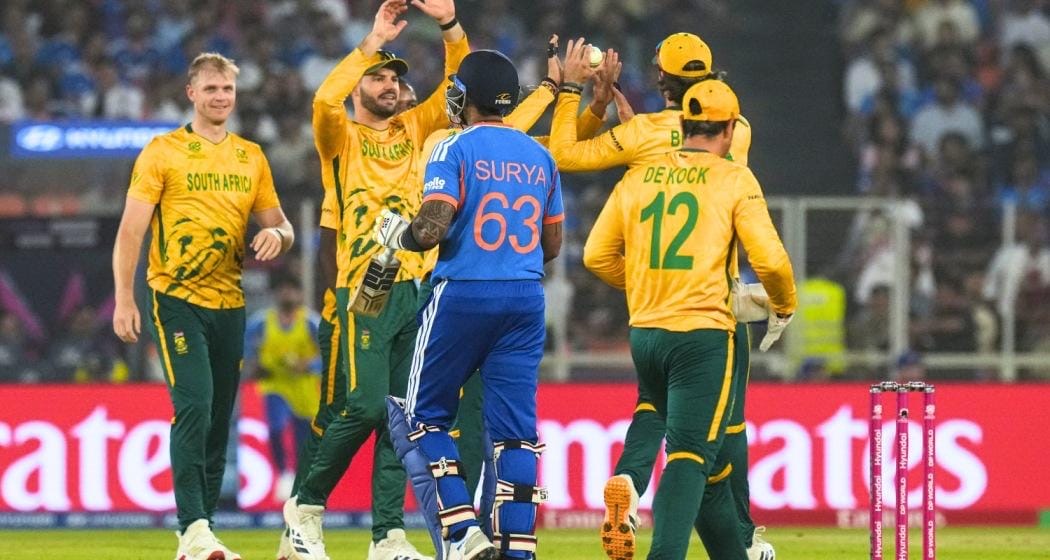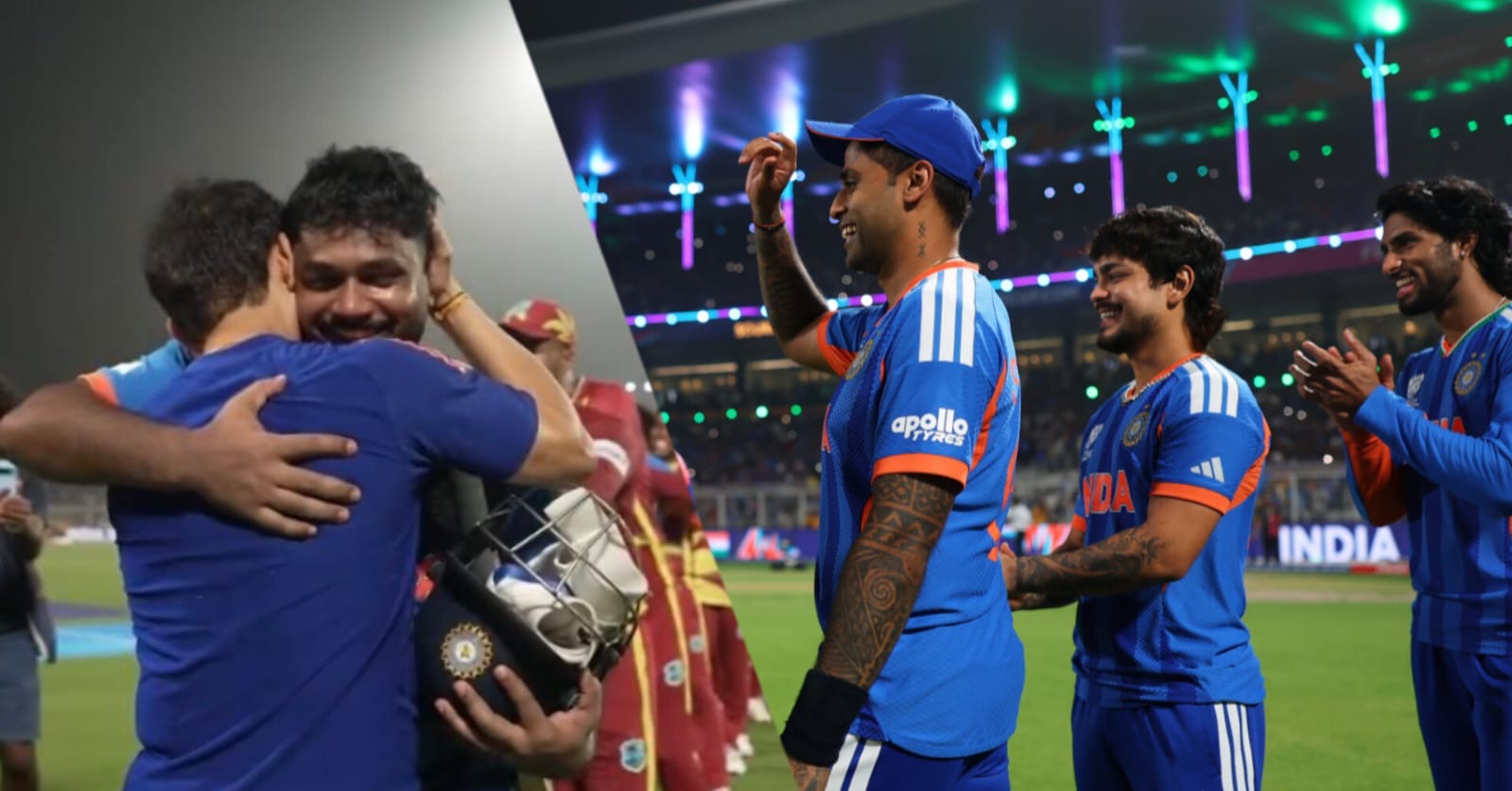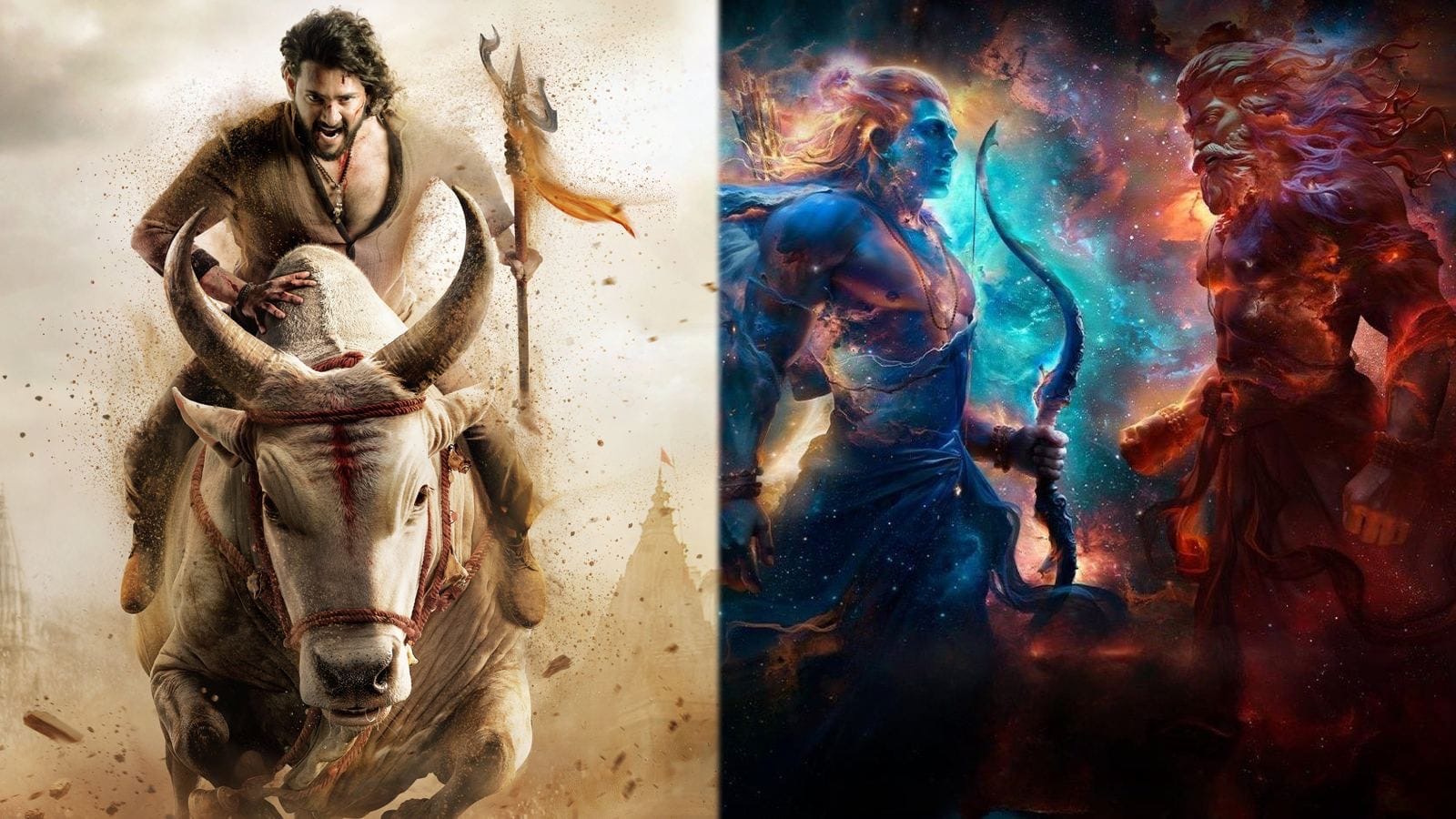Legendary Lyricist Sahir Ludhianvi’s words still bear scrutiny
A fresh play showcases how
‘Around Town’ features
Sahir Ludhianvi’s words bear scrutiny.
The play, directed by Danish Husain, kicks-off when the poet was still Abdul Hayee, a boy from Ludhiana. It then moved toward his time as one of Bollywood’s most famous lyricists.
Danish Husain’s play “Main Pal Do Pal Ka Shayar Hoon” on the life of lyricist Sahir Ludhianvi had a houseful show in Delhi.
In 1969, the government of India held an event to felicitate renowned Urdu poet Mirza Ghalib on his 100th death anniversary.
One of the speakers, Sahir Ludhianvi, got on stage and raised an important question: when Urdu was being mistreated as the language of the enemy, why was the government felicitating a poet of the same language?
Jis ahd-e-siyasat ne ye zinda zaban kuchli
us ahd-e-siyasat ko marhum ka gham kyuun hai
Ghalib jise kahte hain Urdu hi ka shayar tha
Urdu pe sitam dha kar Ghālib pe karam kyuun hai
The political force crushed this conscientious language [Urdu]
Why does that force lament its death,
The one who’s called Ghalib was after all an Urdu poet,
Why praise Ghalib after committing such atrocities on Urdu
Legendary Bollywood lyricist Ludhianvi’s words resounded across the Kamani Auditorium in New Delhi. The words rang current and relevant.
Danish Husain, actor and director, recreated this powerful scene as part of ‘Main Pal Do Pal Ka Shayar Hoon’, a rich biographic play about the life of one of India’s most renowned poets and lyricists and a prominent member of the progressive movement, Sahir Ludhianvi.
Ludhianvi wrote “Jinhe naaz hai Hind par woh kahan hain?” (Where are the patriots now?) A staunch believer in Nehru’s socialist thought, Ludhianvi didn’t spare his government either.
Some of his famous songs include Tu Hindu Banega Na Musalman Banega (Dhool Ka Phool), Main Zindagi Ka Saath Nibhata Chala Gaya (Hum Dono), Thandi Hawayein Lehra Ke Aayein (Naujawan), Yeh Duniya Agar Mil Bhi Jaaye (Pyaasa) and Main Pal Do Pal Ka Shayar Hoon (Kabhi Kabhi). Ludhianvi found his calling early on. He published his first collection of poetry, Talkhian (Bitterness) in 1943 when he was 22 years old.
“In his very first film, Sahir created history by introducing Urdu poetry in Hindi cinema. From that moment until his dying day, he never deviated from this track. Whatever he wrote was the artistic expression of a poet. He never allowed any dilution in this standard,” film director and novelist Khwaja Ahmad Abbas writes in his book Sone Chandi Ke Buth.
The play begins when Ludhianvi was Abdul Hayee, a boy from Ludhiana. He had a troubled childhood marked by his parents’ divorce and his father’s bad behaviour. “My father didn’t name me Abdul Hayee because he loved this name, but to be able to cuss his enemy and our neighbour Abdul Hayee. When the neighbour would complain, my father would reply, ‘I am abusing my useless son’,” Husain narrated, in a tone that reflected a son’s heartbreak.
The play—a combination of narration, poetry, and music—was completely sold out. And those who desperately wanted to watch it had to wait for any cancellations to get a last-minute ticket.
Whatever presented everything factual that happened in Sahir’s life, all shapes of him, to acquaint people with him.
If all that resonates with people today, then he is relevant today,” Husain told ThePrint about his play, produced with a modest budget. The significance of the timing of this production wasn’t lost on the audience either.
Every generation discovers poetry in its own way. “It resonates with people because he is human, vulnerable, arrogant, a genius and really talented. We want to be that person, a play like this makes that possible noted writer Ali Hussain.
Ali Hussain started with two scripts, merged it together and added more wherever it felt empty. “Slowly this structure started coming together,” said Husain, during a brief question-answer session at the end of the play.
Remembering Ludhianvi
The play, written by academic Mir Ali Hussain and storytelling by Dastango Himanshu Bajpai, delved into Ludhianvi’s life journey as a poet who started with so little that his mother would often sell her gold to feed him and his sisters. It slowly moved toward some of the more well-known stages of his life including his time as one of Bollywood’s most famous lyricists.
The play has a scene of an event from his college days. In front of the chief guest, a British Commissioner, Ludhianvi recited a poem about his feelings when he saw a young boy being killed by the British: “Zulam mitana hamara pesha, gazab ka karna hai kaam hamey (Ending tyranny is our task, we have to do a wonderful job).” Soon after, he was rusticated from his college, narrated Husain.
A few years later, in 1949, Ludhianvi shifted to Bombay. By the mid-1950s he established himself as one of the leading songwriters in India, becoming the go-to lyricist for directors and composers like Guru Dutt, SD Burman and Yash Chopra.
After he became famous, the authorities at the same college he was kicked out of invited him for the inauguration of an auditorium that they named after him. “I accepted the invitation and recited: Is sar zameen par aj hum ek bhagi sahi, dunya hamare naam se bezaar hi sahi, lekin hum in fizaon k paale hue toh hain, gar yaha nahi yaha se nikale hue toh hain – We are reduced to traitors in our homeland today, the world is irked with our identity, but we have been brought up in its environs, our home isn’t here we have been outcast,” narrated Husain, who was now sitting in a chair wearing a white kurta-pyjama.
One of the highlights of the play was the musical performance. The audience, from teenagers to senior citizens, joined in as the artistes sang some of Ludhianvi’s most famous songs including Jane Woh Kaise Log The, Ye Raat Ye Chandni Phir Kahan, and Sar Jo Tera Chakraye.
Sahir wanted to watch a biographical play, this was his first time. Either you sing on stage or you act but this was a perfect amalgamation of both,” Laksh, a theatre actor in the audience commented.
While enacting a scene he said Sahir was a revolutionary poet
It was not just his talent that earned him a well-respected place in Bollywood’s music industry, he was also known for the stand he took for better pay and respect for lyricists, which Husain highlighted in the play. In those days, when most lyricists were paid not more than Rs 2,000 for writing songs, Husain noted how Ludhianvi made a producer pay Rs 10,000 for one song. “From then on, he realised the more famous you are, the more your price increases. Now he could choose his own music directors.
But that wasn’t it. Through some of his most famous lyrics like “Allah tero naam, Ishwar tero naam or jism mit jane se insan nahin mar jate, Allah or Ishwar, both are your names or People don’t die even if their bodies perish“, Ludhianvi was sending pointed social and political messages. While Husain’s play did not directly confront the current polarisation, he relied on Ludhianvi’s old couplet challenging the deepening communal faultlines in India.
Gandhi ho ya Ghalib ho khatam hua dono ka jashn aao,
inhe ab kar de dafn khatam karo tahzib ki baat,
band karo culture ka shor satya, ahinsa sab bakwas,
tum bhi qaatil hum bhi chor khatam hua dono ka jashn,
aao inhe ab kar de dafn
Come, the celebration of Gandhi and Ghalib has ended,
bury them and end the civilisational discourse,
end the conversation on culture; truth and nonviolence are obsolete,
you are murderers and we are thieves, both our celebrations have ended,
come let’s bury it all
The play shows Ludhianvi visiting his friend who was ill. Sitting on his friend’s bed, while playing cards, he suddenly felt a pain in his chest. He died of a heart attack on the spot on 25 October 1980.
One of his closest friends Javed Akhtar, another renowned lyricist and poet, stayed by his side and cried till he was buried. Husain narrated that when Akhtar was starting out, Ludhianvi had loaned him Rs 200. Akhtar had laughingly promised that he would never return the money and Ludhianvi had joked that he would take it back.
After he was buried, someone asked Akhtar for Rs 200 for Ludhianvi’s burial, to which he responded, “Sahir saab, jaate jaate nikalwa liye apne paise. You took the money while going.”
News Edit K.V.Raman
(


